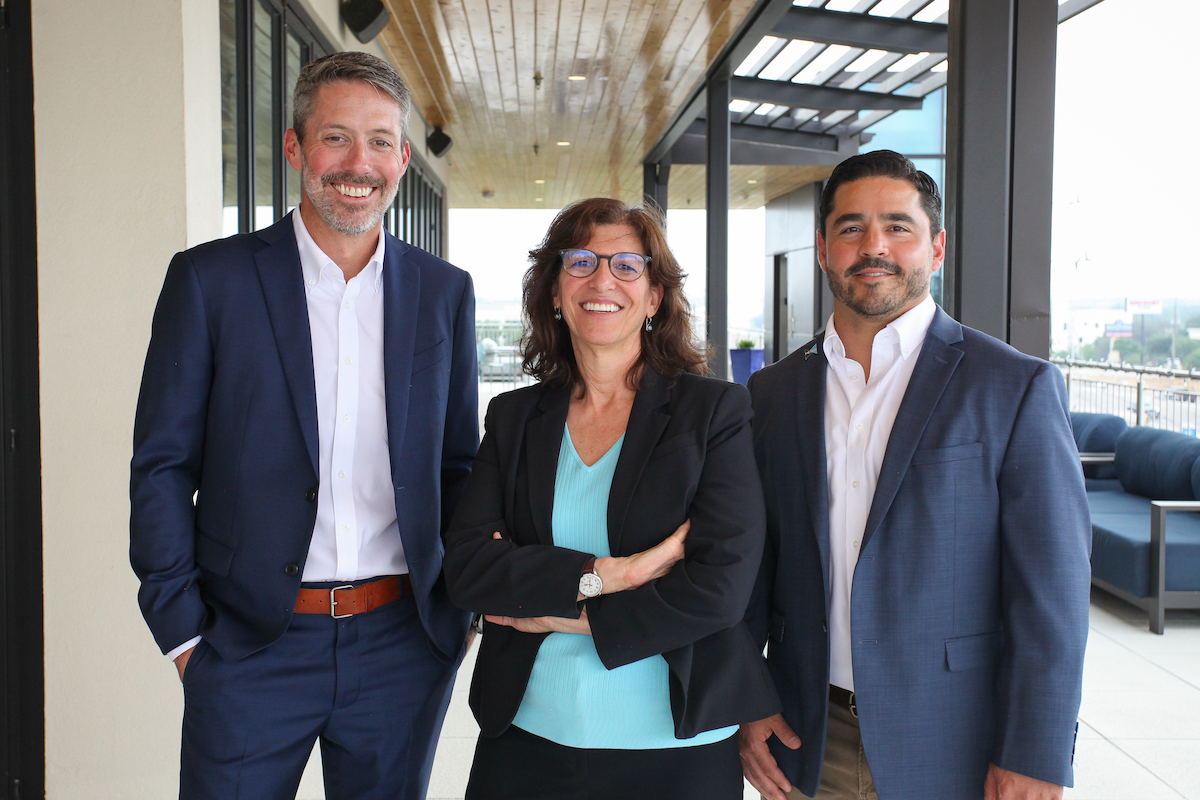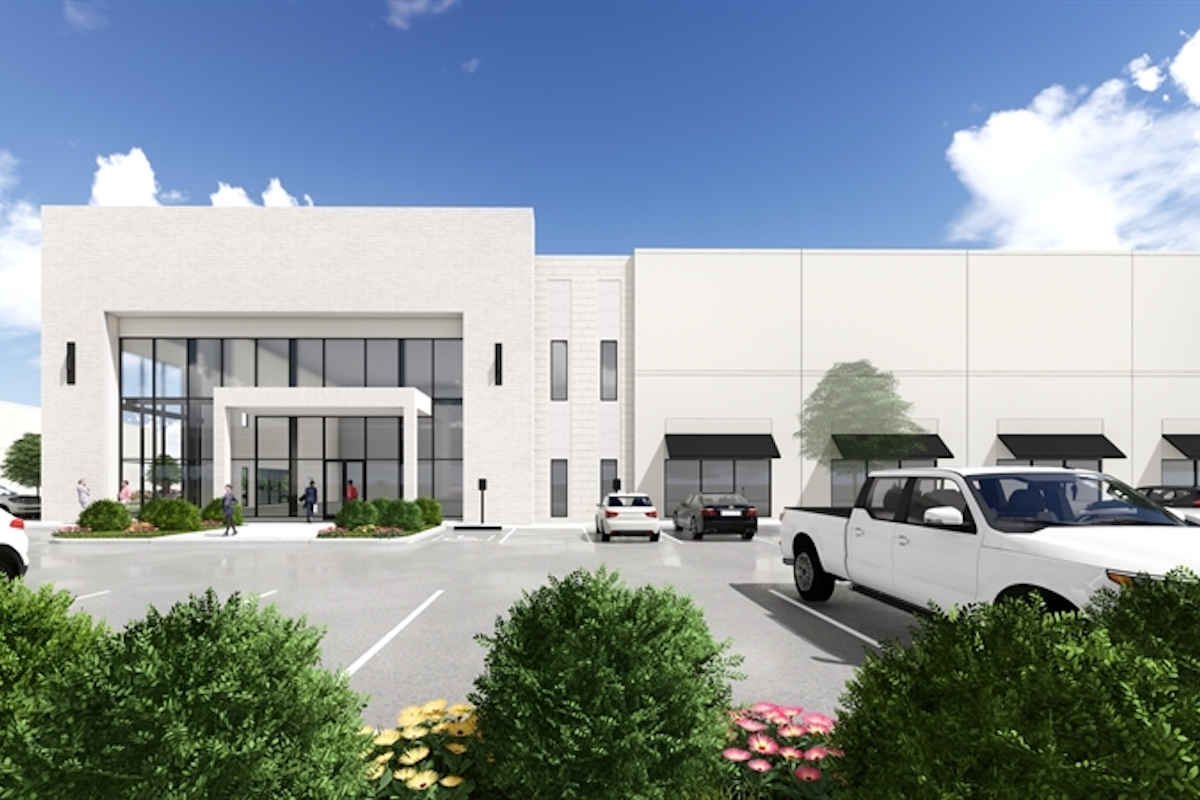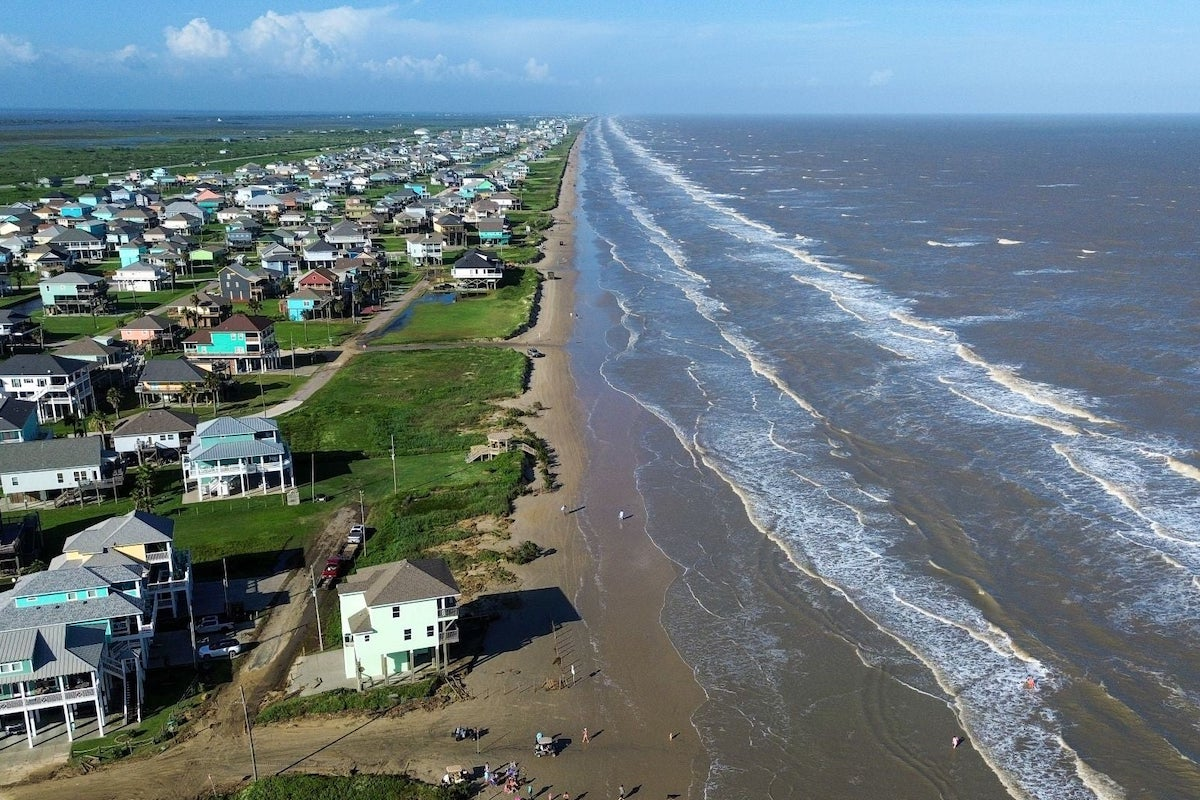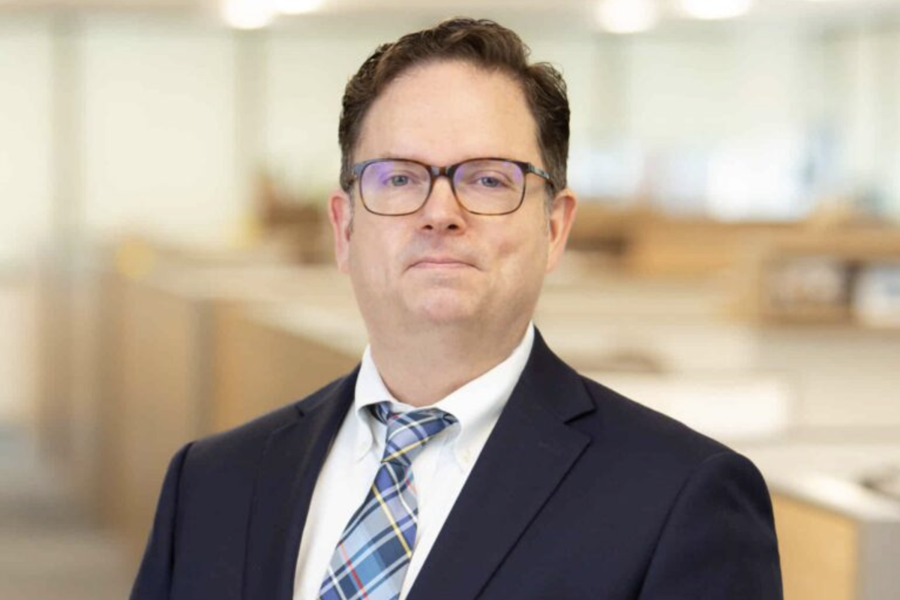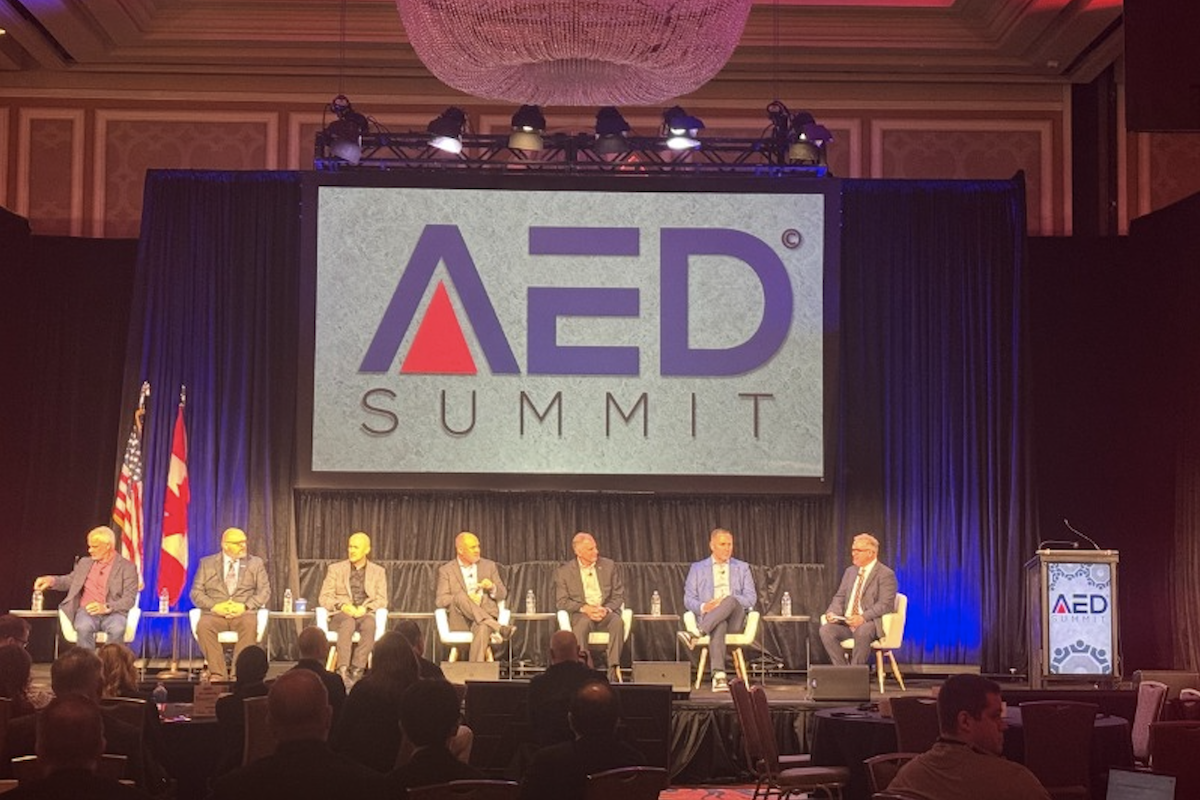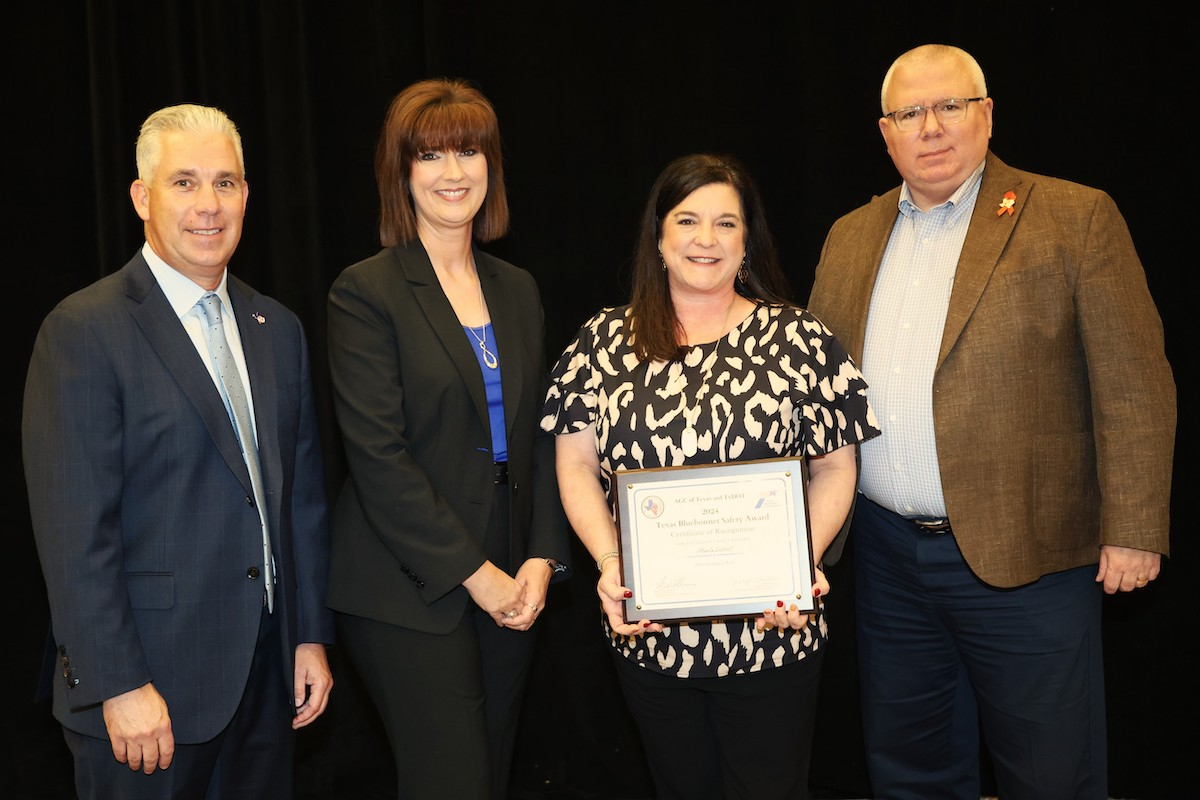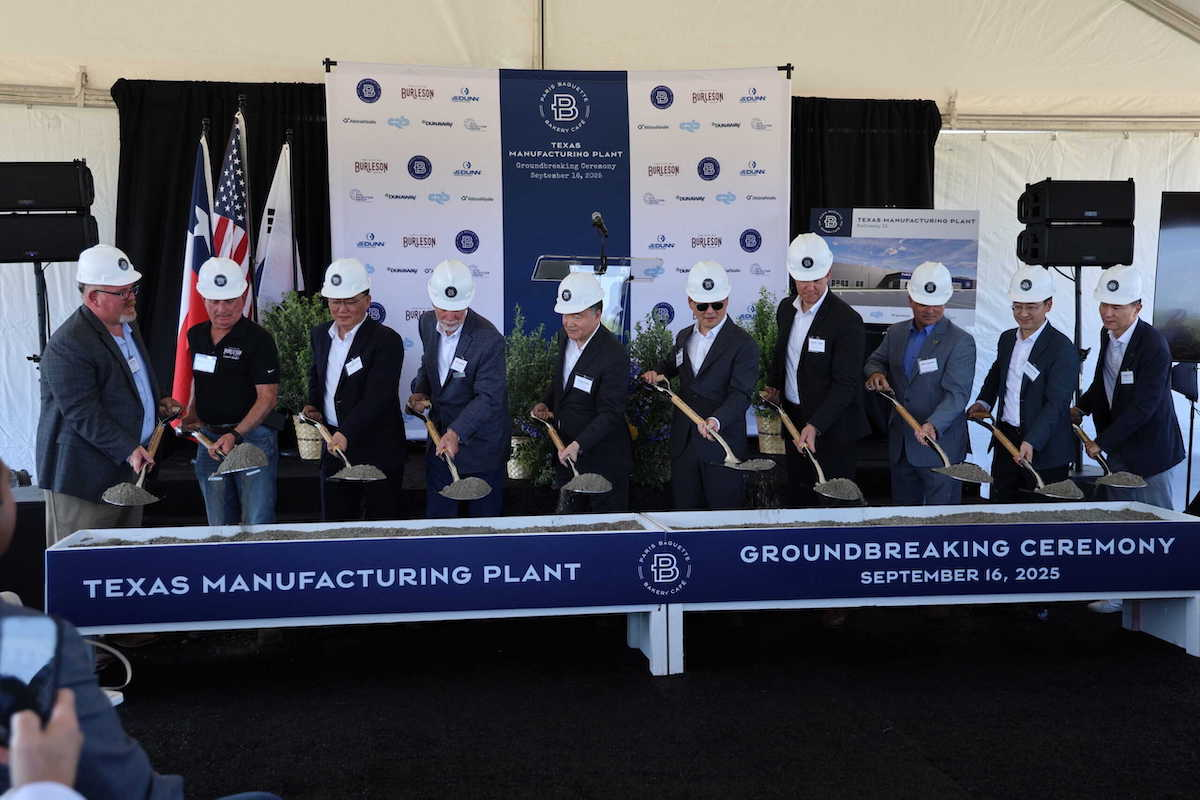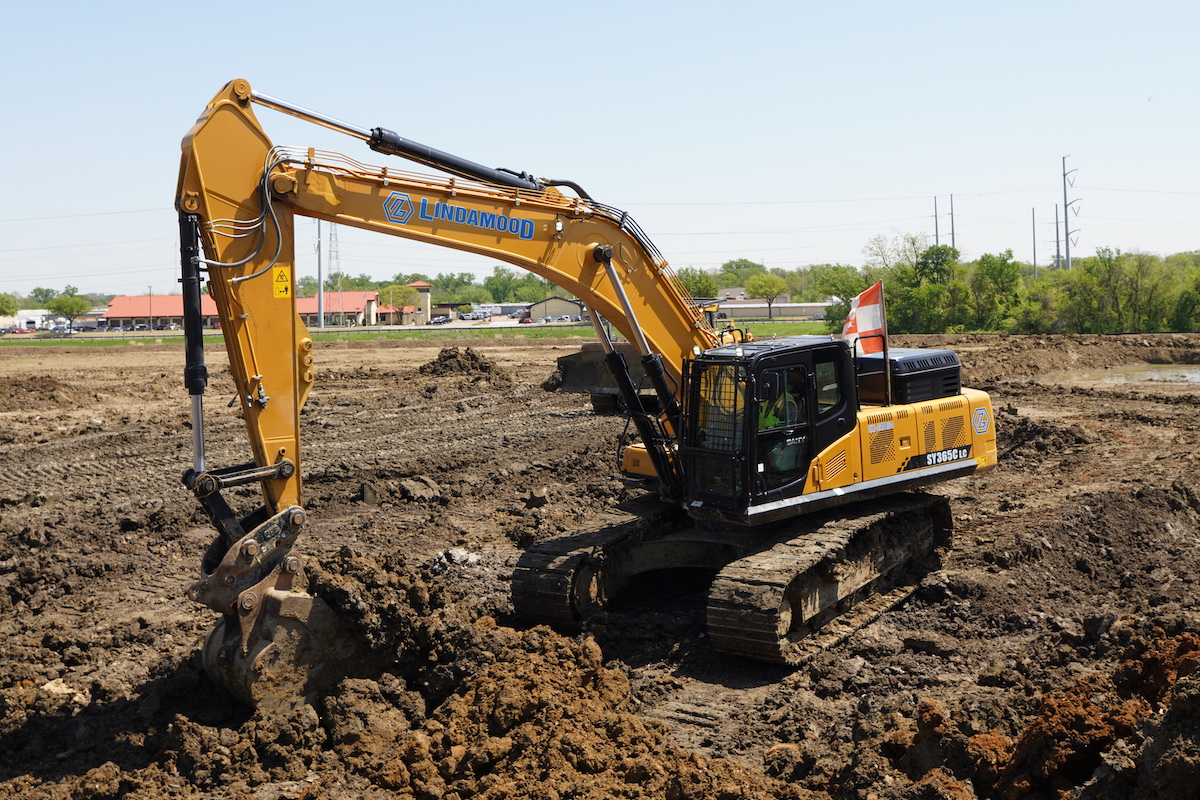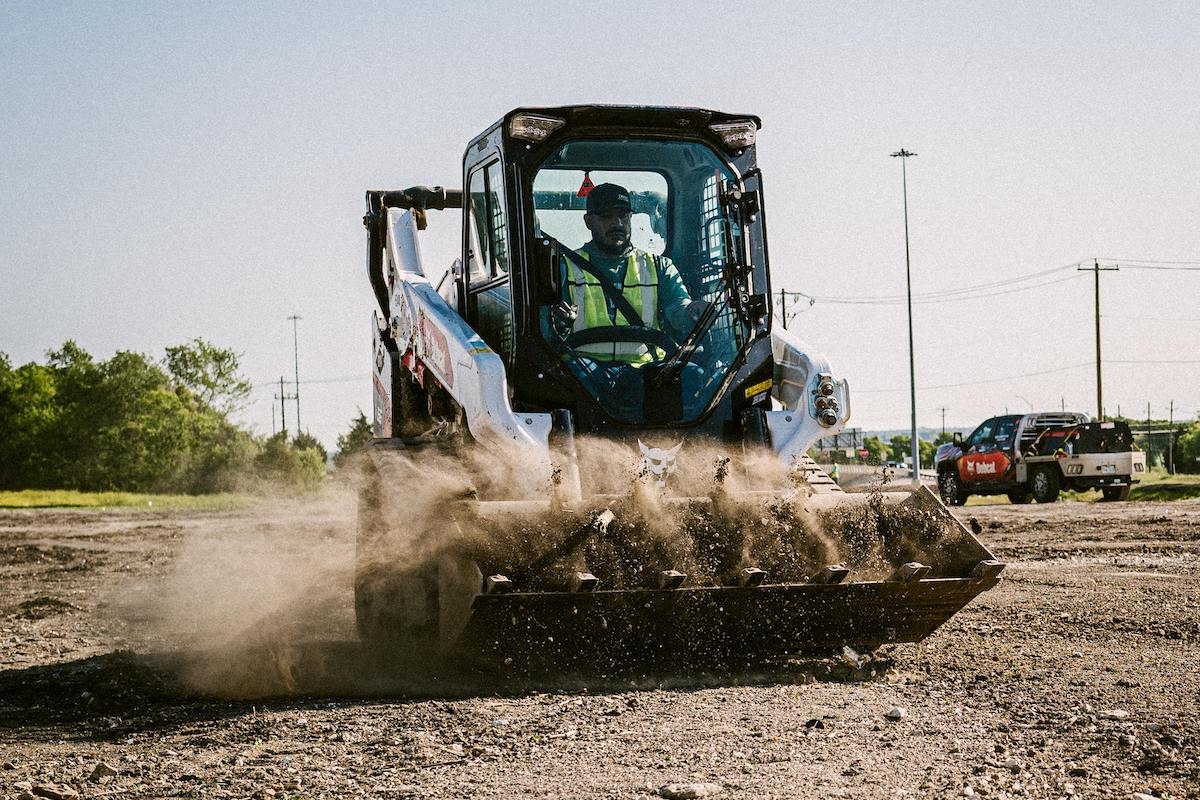Austinites may be familiar with the Mueller name, but not as many know that the neighborhood was carefully designed to be a beacon of sustainable development through a partnership between the City of Austin and Catellus Development Corp. Beginning in 2004, this neighborhood began construction on a former airport site with the goal of creating a sustainable, transit-oriented, mixed-use, and mixed-income addition in the heart of the city. As of mid-2021, Mueller is home to five LEED Platinum certifications, nine LEED Gold certifications, and seven LEED Silver certifications — with even more planned, along with their overarching LEED for Neighborhood Development Gold certification.
Getting to this point took coordination and creativity from a league of stakeholders. A driving force behind the LEED ND certification was Gail Vittori, a LEED Fellow, former Chair and Member of the GBCI and USGBC boards of directors, and Co-Director of the Center for Maximum Potential Building Systems (CMPBS) in Austin since 1979. A seasoned veteran of LEED projects, she was instrumental for the LEED Gold and SITES-certified Dell Seton Medical Center at The University of Texas and a number of other LEED projects in the U.S. and abroad, with a specific focus on health-promoting strategies.
Vittori encouraged the Mueller team to apply for the pilot program of LEED for Neighborhood Development, noting that the rating system would provide a concrete, actionable guide to meet their ambitious sustainability goals. “LEED sparks opportunities that might otherwise not be on the table, because it leads to a credit and points,” Vittori said. “It validates emerging concepts, supported by a transparent process that enlists subject matter experts and public comment.”
After riding out the recession in 2009, the Mueller team persisted, eventually achieving LEED ND certification and becoming the largest Stage 3 LEED ND pilot project with Gold certification in the world. With creative solutions like solar panels and photovoltaic outdoor art, a commitment to native vegetation and trees, an effective district-scale stormwater management system, and diversion of more than 63,000 tons of construction and demolition debris from landfills as of 2016, the community has approached sustainable commitments holistically. Mueller is now home to more than 20 LEED-certified buildings, with 25 percent of Mueller’s residences participating in an affordable housing program, ensuring that a diverse array of residents can enjoy the health benefits of a green, sustainable, and healthy home.

| Your local Stewart-Amos dealer |
|---|
| Closner Equipment Co Inc |
After witnessing the benefits of LEED certification in the neighborhood for several years, it was evident that green certifications were a positive step for Mueller. That is why the team behind Mueller’s Mary Elizabeth Branch Park pursued SITES certification for sustainable landscape development when it was time to break ground in 2017.
Mary Elizabeth Branch Park has something for everyone: a playground, waterscape, dog run, volleyball courts, a hillside viewing area, and an expansive open lawn, with care taken to provide areas for all age groups. As the project team attempted to ensure it would also be sustainable, the numerous synergies between LEED and SITES made the adoption of the new rating system run more smoothly.
“Applying SITES strategies to the project had a direct impact on the design and distribution of program elements,” said Claire Hempel of Design Workshop, the team hired by Catellus to complete the park. “Branch Park has created nature where there once was none. Over 200 trees were planted on a 3.5-acre park site that was [a] former airport runway. The introduction of trees, plants, and places for people promotes physical activity, restorative experiences, and social interaction.”
As a previously developed site with few ecological resources to preserve, the park’s sustainability maneuvers focus on detailed product and material selection, efficient stormwater management, and dense, healthy vegetation. It is also now home to the city’s most popular farmers market, with nearly 100 local and regional vendors. In addition to advancing the park’s ecological goals, these decisions create a unique, regionally appropriate civic space. The project not only features high levels of recycled content, but most of the project’s materials are sourced from within 500 miles of the site, using native stone to replicate the Texas Hill Country landscape in which the park is situated. Many of those materials, including pewter and charcoal, function as permeable pavers that are part of the project’s stormwater management plan.
Mueller’s original focus on native vegetation and re-greening paid off well: The park also includes 90 percent native vegetation, and its original sustainable site goals transitioned cleanly to the new park. “As elsewhere in the project, the plants used in the vegetative absorption zones are native and locally appropriate, both reducing the need for (and impact from) chemical pesticides and fertilizers and echoing the project’s regional identity,” said the Design Workshop team. “Despite the extensive gardens in the park, less water is needed because of the use of drought-tolerant and adapted species. Native tree species advance this place-based narrative while providing shade for the site’s users and habitat for its dwellers.”

| Your local Link Belt dealer |
|---|
| Central Texas Equipment |
| Nueces Power Equipment |
This park is a microcosm of Mueller’s overarching mission: one that works with the natural environment rather than against it, providing a safe, healthy, and sustainable neighborhood to call home. Through their LEED ND and SITES certifications, the Mueller team — and past and present team members like Vittori — continue to strive to achieve sustainable excellence. In Vittori’s words, “I can’t think of anything that is more rewarding than this project.”














